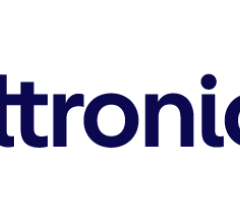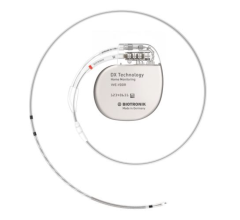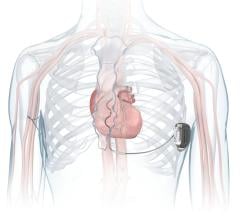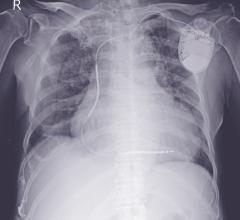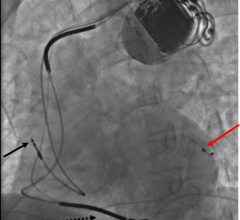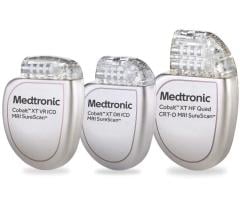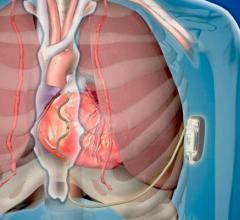June 22, 2009 – Patients with an implantable cardioverter defibrillator (ICD) have an ongoing risk of sudden incapacitation that might cause harm to others while driving a car, so driving restrictions are imposed making these recommendations an important guideline for patients.
A consensus statement with recommendations for drivers with ICD’s was presented at a press conference today at the Europace 2009 meeting, in Berlin, Germany on Sunday 21 June. The consensus statement will be published in the June issue of Europace, the official journal of the European Heart Rhythm Association.
Many patients are currently implanted for primary prevention (treatment of patients at risk for life-threatening arrhythmias who have never had sustained ventricular arrhythmias). The risk for sudden incapacitation is lower in these patients. Therefore, driving restriction should be less strict for these patients, than for patients implanted for secondary prevention (those who have survived a life-threatening arrhythmia).
“Patients and their families should receive adequate discharge education and standardized information on driving recommendations. This should result in a better adherence to the recommendations. It should be emphasized that the risk is mainly a consequence of the underlying condition and not of the presence of the ICD”, explained professor Johan Vijgen, chairperson of the task force.
A team of 12 experts from the European Heart Rhythm Association (EHRA), the Council on Cardiovascular Nursing and Allied Professions in ESC (CCNAP) and the Section Cardiac Rehabilitation of the European Association of Cardiovascular Prevention and Rehabilitation, reviewed the literature, assessed the risk and issued a consensus statement.
“Driving restrictions vary across different countries in Europe. We hope the document may serve as an instrument for European and National regulatory authorities to formulate uniform driving regulations”, Vijgen explained.
“Driving restrictions are perceived as difficult for patients and their family and have an immediate consequence for their lifestyle. In addition to the psychological and societal impact, the driving ban may also pose a considerable impact on employment and education and thereby economic status”, said Vijgen.
The document presents recommendations for private driving (group 1) and professional driving (group 2). Definitions of the European Council Directives (80/1263/EEC) and (91/439/EEC) are used.
-Group 1: drivers of ordinary motor cycles, cars, and other small vehicles with or without a trailer.
-Group 2: drivers of vehicles over 3.5 metric tons or passenger carrying vehicles exceeding eight seats excluding the driver.
Since the introduction of the ICD in the early 1980s, multiple trials have demonstrated the efficacy of ICDs for the prevention of sudden arrhythmic death. This resulted in a significant increase in the number of implants. In Western Europe alone, 63,000 ICDs were implanted in 2006 and 85,500 ICDs in 2008.
For more information: www.escardio.org/EHRA


 January 13, 2026
January 13, 2026 

